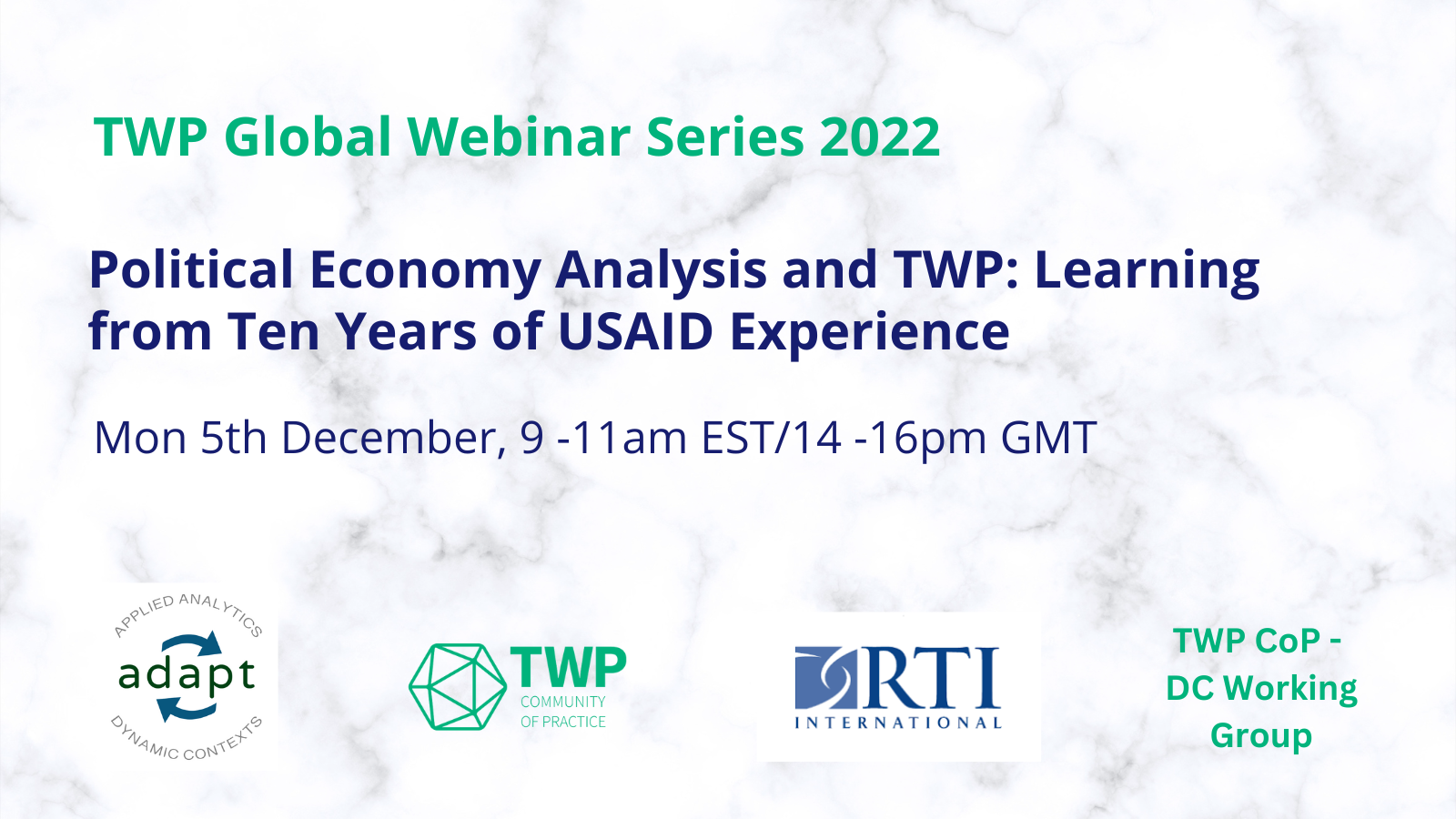In collaboration with:
TWP CoP –
DC Working Group
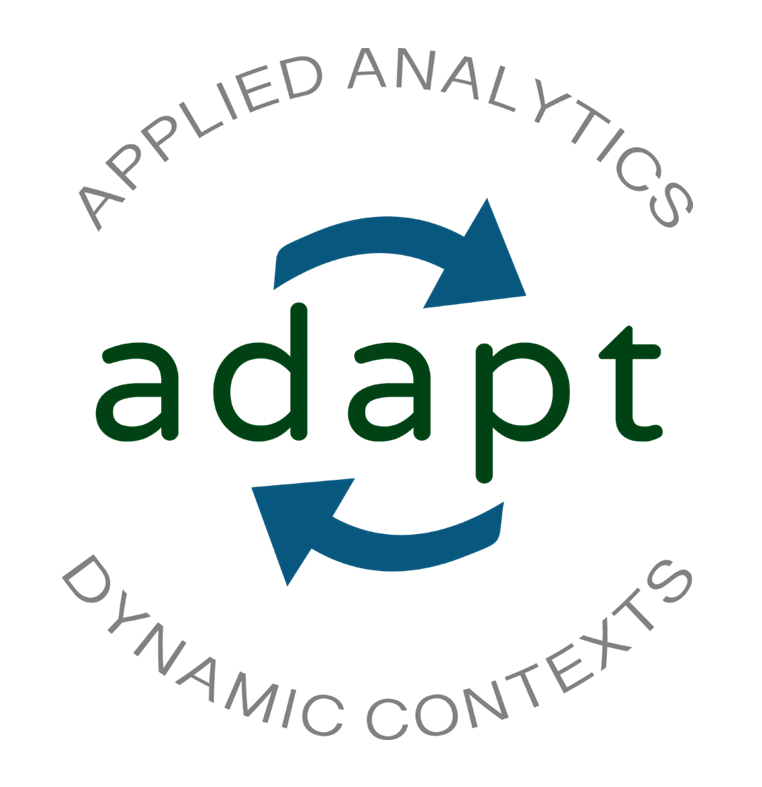
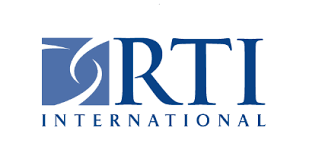
This event has now ended. Please watch the recording below, and read a reflection note on the event.
Description:
International donor agencies have grappled with how to achieve sustainable results from development assistance investments for decades. One of the most important lessons to emerge in over the past two decades is that the challenge to foster more peaceful, open and inclusive states and societies is not only technical, but deeply political in nature. As a result, over the past 15+years, there has been a proliferation of analytic approaches, tools, and processes which seek to take politics more fully into account in programme strategy, design, and implementation, in ways that are much more rooted in local contexts, and based on deliberate experimentation, learning, and adaptation.
Yet while international development actors have become better to some extent at thinking politically, they continue to struggle with working differently as a result. This webinar explores this puzzle by looking at the experience of USAID and its partners with political economy analysis (PEA) and how it has been used to inform programmatic strategy, design and implementation. Drawing on a rich panel of development experts, the discussion examines field applications of PEA across sectors, identifies facilitating and constraining factors for TWP and looks forward at how applied PEA can improve future programming.
Speakers:
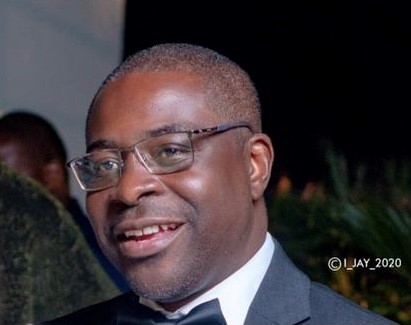
Wilfred Mwamba
DAI Chief of Party for the USAID Local Governance Activity in Zambia.
Wilfred Mwamba is the Chief of Party of the DAI-managed USAID Zambia Local Governance Project, which leverages recent Government of Zambia (GRZ) advances in the legal and administrative framework for decentralization by helping to operationalize it in the delivery of basic services at the local level. His current work is proceeded by many years of experience with the UK government to lead governance and development initiatives, in Zambia and in the region. He brings experience designing and delivering politically-smart programming including through application of TWP principles and the use of applied Political Economy Analysis in Africa.

Laura Pavlovich
Deputy Director, Center for Democracy, Human Rights, and Governance, USAID
Laura Pavlovich is Deputy Director of the Center for Democracy, Human Rights, and Governance at USAID. She has over twenty years’ experience working at USAID, including working as the Director for the General Development Office in Bangkok, the Director at the Office of Democratic and Economic Growth at USAID Serbia, and has had postings in Washington, Ukraine, and Burundi.
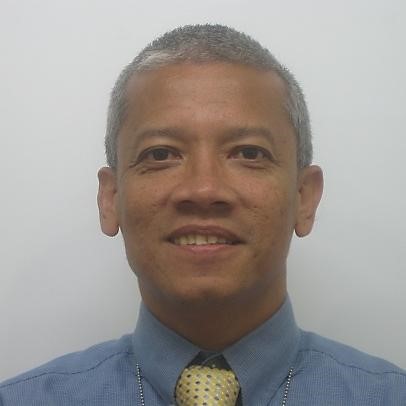
Gerardo Porta
Senior Democracy, Rights and Governance Specialist at USAID/Philippines
Mr. Gerardo Porta has over 29 years of experience with USAID and is currently the Senior Democracy, Rights and Governance Specialist of USAID/Philippines. Mr. Porta is responsible for the design, management, implementation, monitoring and evaluation of contracts and grants in the democracy, rights and governance (DRG) sector in the Philippines and the Pacific. Mr. Porta designed and currently manages the two DRG mechanisms that promote and support democratic governance in the 12 Pacific Island Countries with a combine estimated amount of $29 million. In 2019, he served as a DRG Adviser in USAID Sri Lanka and Maldives. A recipient of multiple meritorious honor and superior performance citations from both USAID and the Department of State, Mr. Porta was recognized in 2014 by USAID/Washington as the most outstanding Foreign Service National in the world–the highest honor accorded by the U.S. Government to non-American professional staff.

Sarah Swift
Governance Advisor and lead on PEA, Center for Democracy, Human Rights, and Governance, USAID
Sarah Swift is a Governance Advisor in the Democracy, Human Rights, and Governance (DRG) Center at USAID in Washington, DC. For the past decades she has been focused on integration of DRG issues and political economy considerations in USAID efforts. She has contributed to Political Economy Analyses across a broad range of sectors and regions including maternal mortality in Indonesia, biodiversity preservation in DR Congo and Tanzania, domestic resource mobilization in Liberia, disaster preparedness in Nepal, and improvement of labor conditions in Bangladesh.

Maria Ines Velasco Sodi
Director of Regional Coordination, Violence Prevention and Reduction Activity (PREVI) – Chemonics International
Specialist in crime and violence prevention, youth, and social change with a postgraduate degree in development studies (participation, power, and social change). She worked in Mexican federal and local government as a public servant and as a consultant in public security and youth policies. María Ines has worked for seven years on violence prevention and local justice projects, under the leadership of Chemonics. She collaborated in the former JPV program for five years as a government relation specialist. Now, as Director of Regional Coordination for the USAID Violence Prevention and Reduction (PREVI) programme, Maria leads the implementation of the local systems approach, and the use of methodologies such as PDIA and PEA.
Chair:
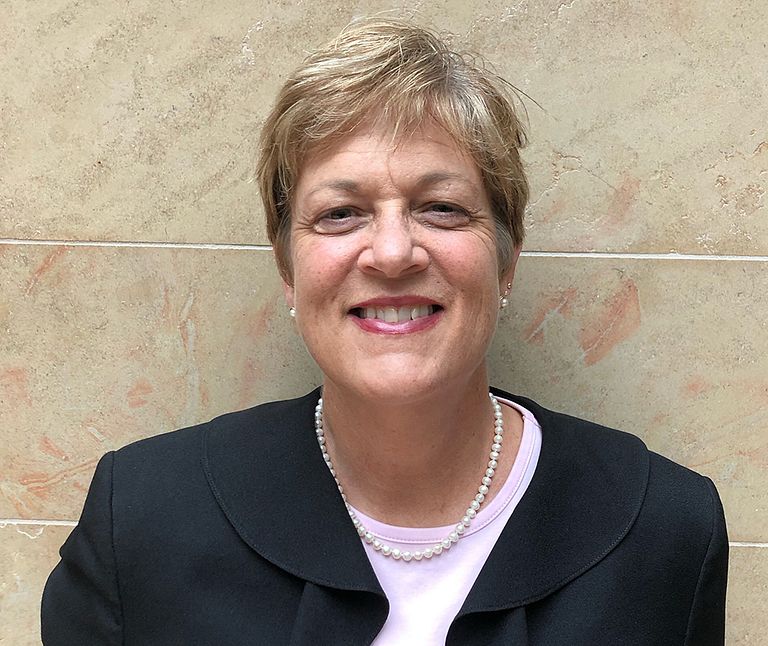
Lisa McGregor
Technical Director, Governance and Applied Political Economy Analysis Expert, RTI International
Lisa McGregor is the Director for Governance at RTI International where she provides technical leadership to RTI’s Governance Center, including leading the development and growth of an applied political economy analysis practice and governance integration across sectors while supporting capacity development and anti-corruption programming. She also provides technical and management support to governance projects including the USAID Governance for Local Development in Senegal and the USAID/FCDO-funded Governance, Accountability, Participation and Performance in Uganda. Prior to joining RTI, Ms. McGregor served for seven years as a USAID foreign service officer in East Africa/Kenya and Washington D.C., 12 years as an independent consultant, and 10+ years in project leadership positions with UNDP, CARE International, and the International Rescue Committee in Sudan, Bangladesh, Thailand and the U.S. She has a Master’s in International Affairs and a Master’s in Urban/Regional Planning from Columbia University.
Closing Remarks:
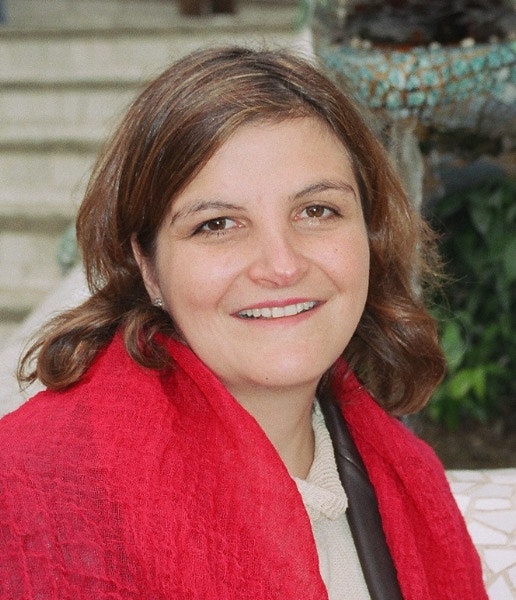
Alina Rocha Menocal
Director for The Thinking Working Politically Community of Practice, and Principal at The Policy Practice
Alina’s areas of expertise include: governance and institutional transformation; state- and peace-building and (post-)conflict trajectories; conflict and fragility; political settlements and the politics of inclusion; corruption and anti-corruption efforts; democracy/democratisation and the challenges of multiple dimensions of institutional transformation; political economy analysis/Thinking and Working Politically. Previously, Alina worked as Senior Democracy Fellow on Applied Political Economy at the United States Agency for International Development (USAID) (2016-2020) and as a Senior Research Fellow of the Developmental Leadership Program at the University of Birmingham (2014-2016). She holds a BA from Yale University in political science, and a MIA on Economic and Political Development and a MPhil in Political Science/Comparative Politics from Columbia University.

